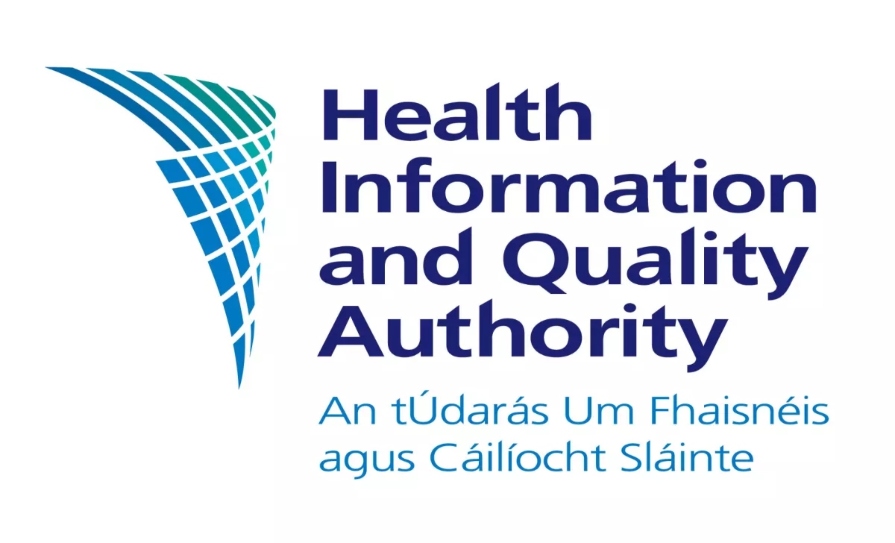The <em>Sunday Business Post</em> yesterday reported that 650 non-specialists have been employed as consultants in public and private hospitals.
Dr Tom Ryan, IHCA President, said: “It is a year since the IHCA expressed its serious concern that an increasing number of specialist consultant posts are being filled by doctors who are not eligible to be on the Medical Council’s Specialist Register.”
He repeated his concerns that this practice violates the most basic professional standards within the health services and he has called on Minister for Health Simon Harris to address the issue urgently.
Dr Ryan said that the much greater scale of the problem, as confirmed in the Sunday Business Post article, is an appalling reflection on health policy. He has called on Minister Harris to immediately end the practice of appointing doctors who are not on the specialist register to work as specialist consultants in the health services. “It is not acceptable that doctors who do not have the essential specialist training, skills and expertise are treating patients as Specialist Consultants in our acute health services. This compromises and undermines the quality and safety of care that is provided to patients in our hospitals. The crisis in the recruitment and retention of consultants should not and cannot be resolved at the expense of patient safety.”
He said the State and health service employers had been “persistently and blatantly” in breach of the 2008 Consultant Contract over the past decade and that this was the root cause of the problem.
“Their actions have caused a prolonged and deepening hospital consultant recruitment and retention crisis in our acute hospital and mental health services. This together with the discriminatory terms the State imposed on new entrant hospital consultants since 2012 are the irrefutable reasons why the Irish health service has become uncompetitive in recruiting and retaining the number and calibre of consultants that are required to provide timely high quality care to patients,” he said.
The IHCA President said that the large number of non-specialists practising in specialist consultant posts and the fact that 15 per cent of the approved consultant posts in acute services are unfilled on a permanent basis represent a “wake up call’’ for the Government.
Dr Ryan said that the State’s decisions to “breach contract terms” entered into with consultants in 2008 and the “discrimination” against new entrant consultants represent costly errors. He said those decisions represent a false economy that must be ended without delay as patients are being “deprived of care while health service agency costs total €115 million per year”.
To plug the expanding gaps in consultant staffing, the State and hospitals are paying multiples of the official salaries for temporary and agency consultants, he said. Dr Ryan added that the only sustainable solution is to “honour the 2008 Consultant Contract and end the discrimination against consultants who are highly sought after and valued in other countries”.
Meanwhile, the IMO said that given the large number of consultants involved, this issue is likely affecting “every hospital in the country and as a consequence a large number of patients”.
The IMO said the issue of non-specialists working as consultants affects both public and private hospitals. It said that as the Government “now effectively subsidises private hospitals” through the National Treatment Purchase Fund (NTPF), it would be appropriate for Taoiseach Leo Varadkar, Ministers for Finance Paschal Donohoe and Minister Harris, to address the matter with urgency.
IMO President Dr Peadar Gilligan said health services were struggling to recruit and retain consultants across the country.
“I have huge sympathy for the individual doctors working in these roles and I have no doubt that they are doing their very best for their patients but the numbers involved are simply unacceptable,” said Dr Gilligan. “This situation was entirely predictable given the difficulties which the HSE is having in attracting applicants for consultant roles and the continuing high levels of emigration amongst newly qualified doctors. Each and every member of Government must take responsibility for the decisions made to unilaterally breach contracts and introduce a two tier pay system.”
Dr Gilligan, a Consultant in Emergency Medicine, said the “breach of the 2008 contract by the employer” and the reduced salary scale introduced for new consultants hired after 2012 were having a hugely negative impact on the country’s ability to recruit consultants.
“Paying a new consultant 30 per cent less than a colleague simply based on the date they were hired is unacceptable. We in the IMO have warned of the impact of cuts to consultant pay for many years now but instead of sitting down and talking to us, Government have chosen an adversarial route through the courts in an attempt to defend a blatant breach of contract which has seen consultants paid less than agreed following contract negotiations. No-one can express any surprise at what is now a patient care scandal.”












Leave a Reply
You must be logged in to post a comment.